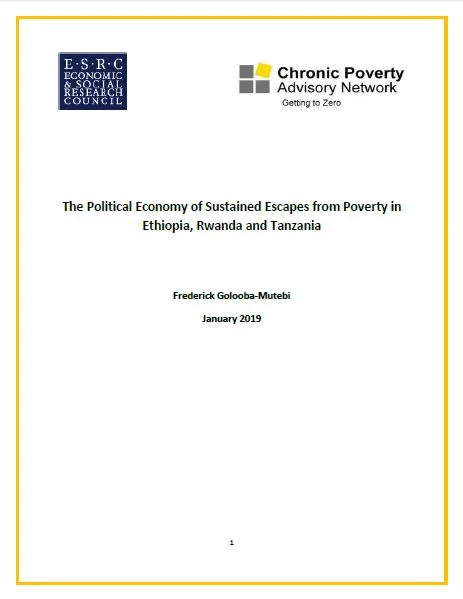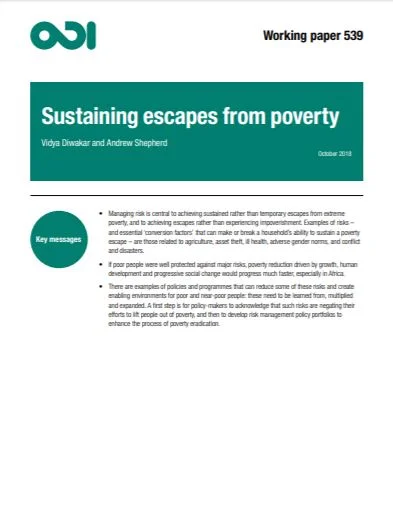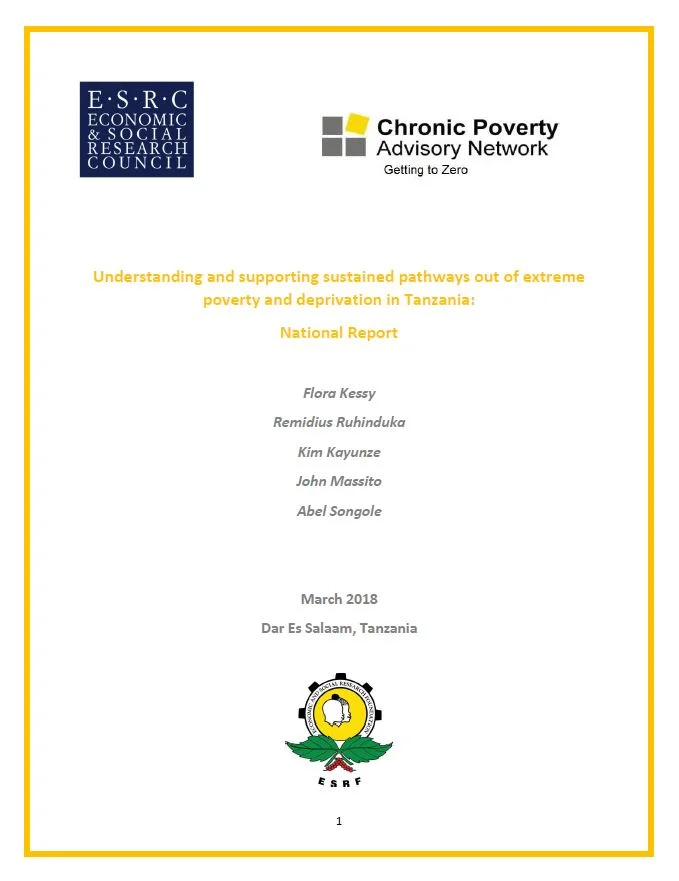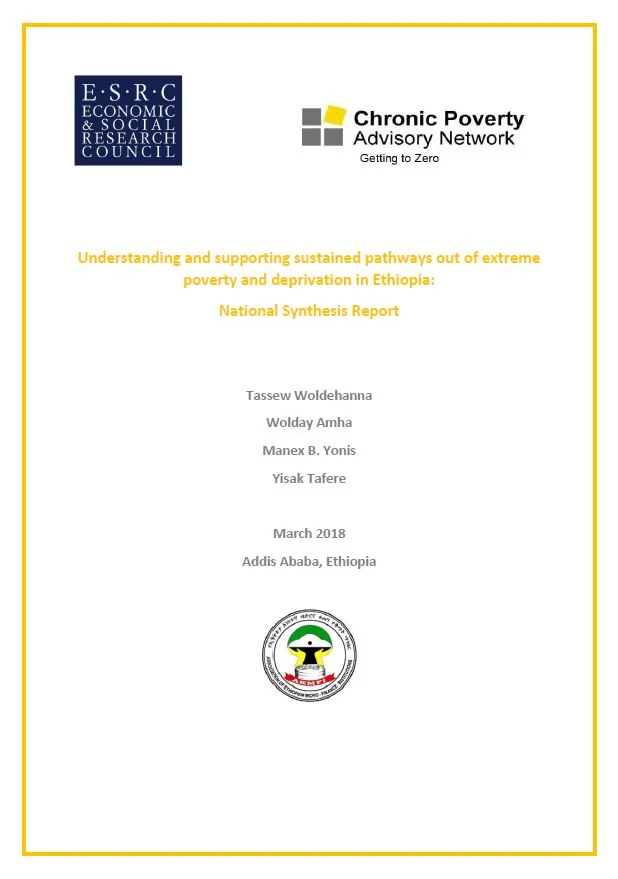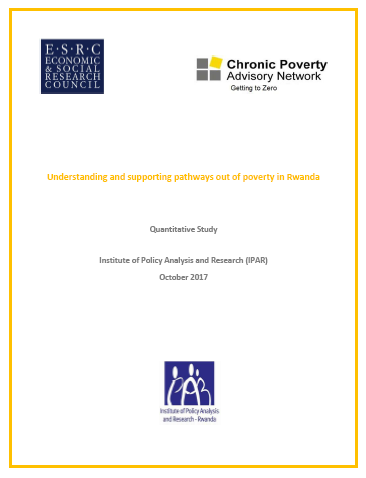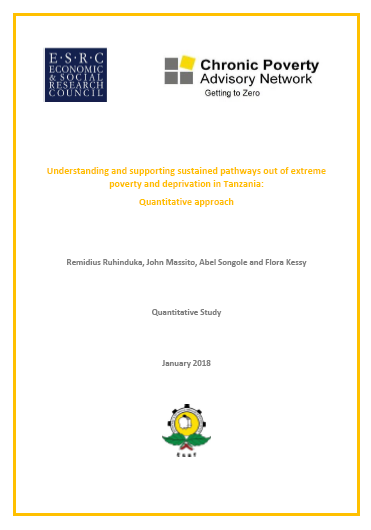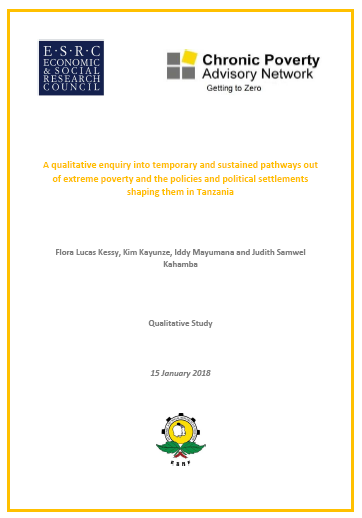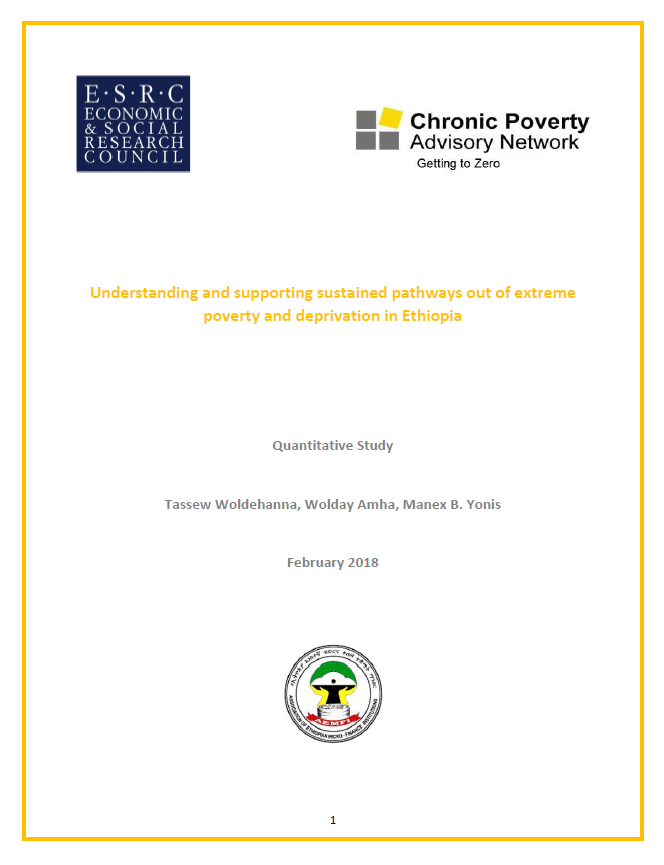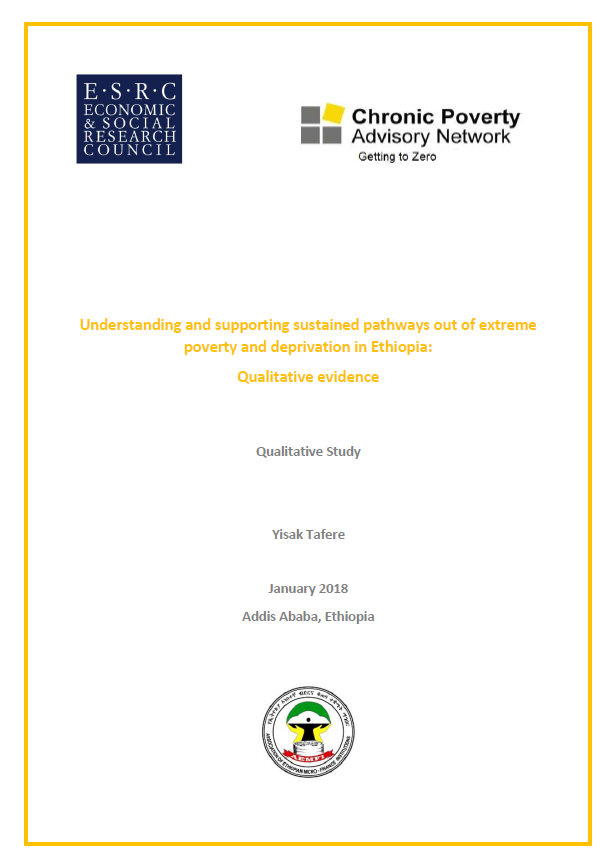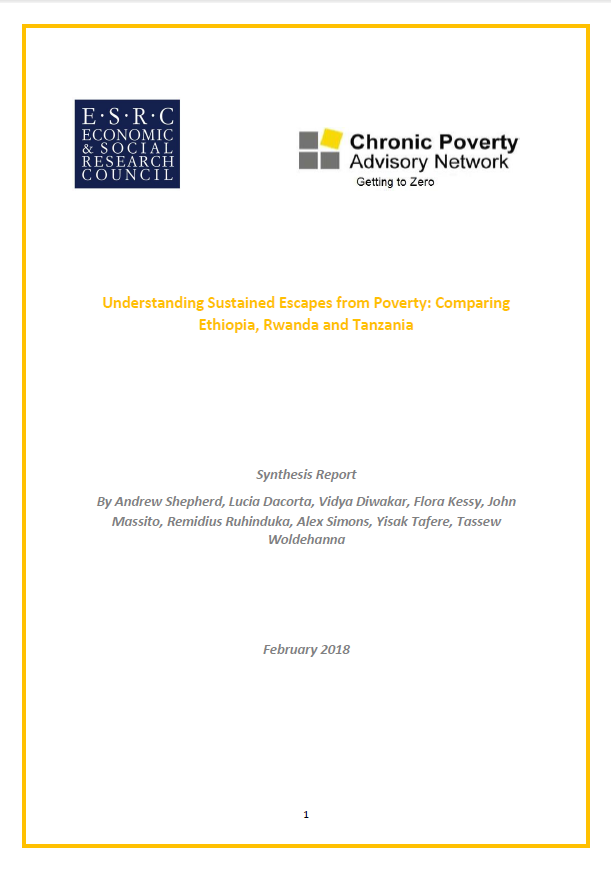
One of the fundamental questions in the field of development relates to how best to ensure that those who graduate out of poverty sustain their non-poor status (i.e. sustained poverty escapes). While short-run policy efforts can easily move a good share of those closer to the poverty line out of poverty, a failure to understand what drives the fall back into poverty could negate the (probably costly) efforts already undertaken.
This study explores the nature of poverty dynamics in Tanzania using three waves of the Tanzanian National Panel Survey, spanning 2008 and 2013, and estimates the correlates for such dynamics.
Unlike most previous studies, which have focused on either rural or urban households alone, and have often explored dynamics in general, we exploit a nationally representative dataset covering both rural and urban households. In addition, we aim to enable a deeper understanding of a specific group of individuals who have managed to sustainably escape poverty over a reasonably longer time span (‘role models’).
Authors: Remidius Ruhinduka, John Massito, Abel Songole and Flora Kessy
This study is part of the project Understanding and supporting sustained pathways out of extreme poverty and deprivation
